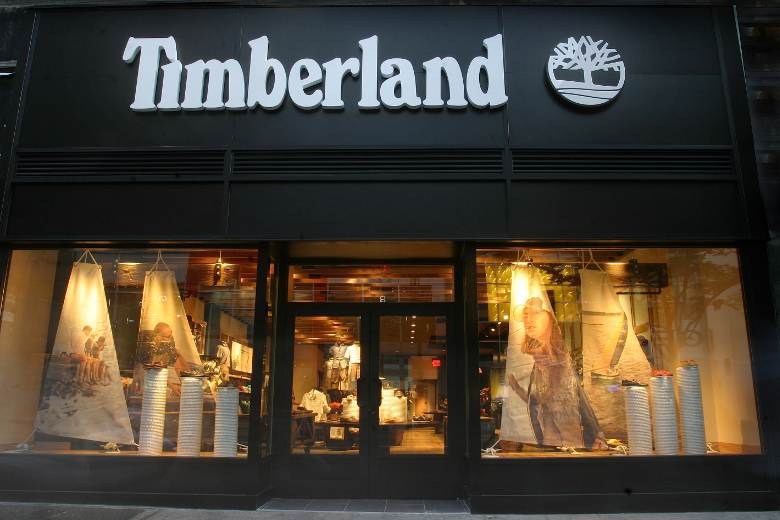Timberland drops underperforming suppliers

Outdoor brand Timberland has reported data for its green house gas (GHG) emissions for last year and its first-quarter 2014 factory audits, as part of its corporate social responsibility performance report.
When US apparel and footwear group VF Corp bought the company in 2012 it renamed the Code of Conduct team ‘Supplier Sustainability Team’ and embarked on a programme of factory audits.
The group conducted 60 audits in the first quarter of this year: nine were "accepted" (15%), 48 were rated "accepted to be upgraded" (80%) and three were rejected (5%).
Of the rejected factories, one is an apparel factory which will be dropped and two are licensee factories, one of which has been dropped and the other is implementing corrective actions and will be re-audited in three months.
As of the end of the quarter, the supply chain consisted of 321 factories: 212 finished goods manufacturers (tier one) and 109 component suppliers such as tanneries, textile mills and sundries suppliers (tier two), with 38% rated accepted, consistent with its fourth quarter 2013 result.
Twenty-one tier one factories (63% of footwear and apparel production) met the goal of Global Social Compliance Programme's environmental framework Level 2 or higher - meaning they have a well-established environmental management system in place and have demonstrated progress towards reducing environmental impacts.
Twenty-seven tier one factories met the goal of Level 3 or better on Social Fingerprint - meaning they have a well-established social management system integrated into their operations.
Timberland reduced GHG emissions by 23% in 2013 compared with 2012, largely due to the increased use of renewable energy at its European headquarters and distribution centres.











